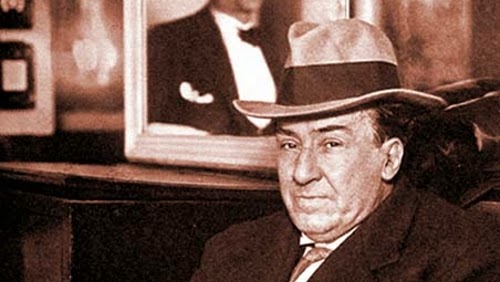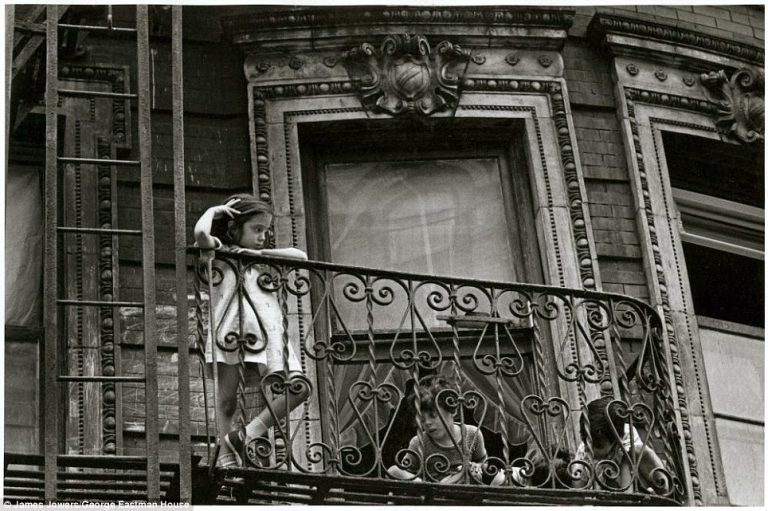Caminante no hay Camino
Caminante, son tus huellas
el camino y nada más;
Caminante, no hay camino,
se hace camino al andar.
Al andar se hace el camino,
y al volver la vista atrás
se ve la senda que nunca
se ha de volver a pisar.
Caminante no hay camino
sino estelas en la mar.
Wayfarer, there is no path
Wayfarer, the only way
Is your footprints and no other.
Wayfarer, there is no way.
Make your way by going farther.
By going farther, make your way
Till looking back at where you’ve wandered,
You look back on that path you may
Not set foot on from now onward.
Wayfarer, there is no way;
Only wake-trails on the waters.

Antonio Machado’s poem “Caminante no hay Camino” (“Wayfarer, there is no way”) is one of my favorite poems because it explores human destiny by using a metaphor of a road: we walk the road and thus walk life, observing the world, making choices. The Spanish poet notes that the “Caminante”—or Wayfarer or Wanderer—already leaves footprints from his past: “Is your footprints and no other.” He explains that the footprints represent his distinct past and no one else’s. The poet then examines how the “Caminante” makes his own decisions and, thus, his own path: “Wayfarer, there is no way. Make your way by going farther.” “Caminante” has to keep walking to create his destiny and the new road he walks. The last part of the poem urges the “Caminante” to not look back but forward, to keep walking the path that he has created for himself. “Wayfarer, there is no way; only wake-trails on the waters.” The last two lines of the poem shows that the “Caminante” has no path because it all disappears with the ocean and its bubbles.
This poem is part of a collection known as Proverbios y Cantares, or Proverbs and Songs. In this collection, Machado focuses on destiny and on many topics that at the time, the late 1800s to early 1900s, in Spain were very controversial. He focused on elements such as nature, time, dreams, and the individual and his identity. Spain was then still pursuing a realist idealism and culture that made Machado famous for thinking outside of the poetic box. This is one of his most recognized poems because of the message that it transmitted at the time and still transmitted to this day.
What I like about this poem is that it depicts life through symbolism. Machado looks at one’s decisions and how they shape one’s future self. My favorite line in the poem is one of the most known verses in the Spanish poetic culture: “Caminante, no hay camino, se hace camino al andar.” I like the verse because it reminds us that we decide our own fate. The poem teaches me that we truly are in charge of the path that we take, that we have our past to reflect on and our future to forward to and make the best of.
— Rafael Rolón-Muñiz
Rafael is a Puerto Rican sophomore double majoring in English and Creative Writing and minoring in Latin American culture and literature. I love the sun, beach and music.








